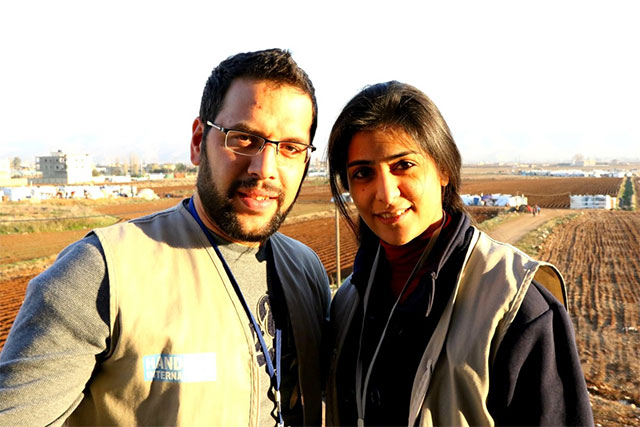Five years of the Syria crisis: Meet four amazing people supporting injured and disabled people
Emergency
Rehabilitation
Syria
Handicap International's response to the Syria crisis, which began five years ago, has become the biggest humanitarian response in the organisation's history. More than 600,000 people have been supported by our teams of physiotherapists, orthopaedic technicians, social workers, logistics officers and many others. Here, four of Handicap International's 370 strong team explain what their roles mean to them.

Zeinab at a Handicap International rehabilitation centre in the Bekaa Valley. Lebanon. | © Sarah Pierre/Handicap International




